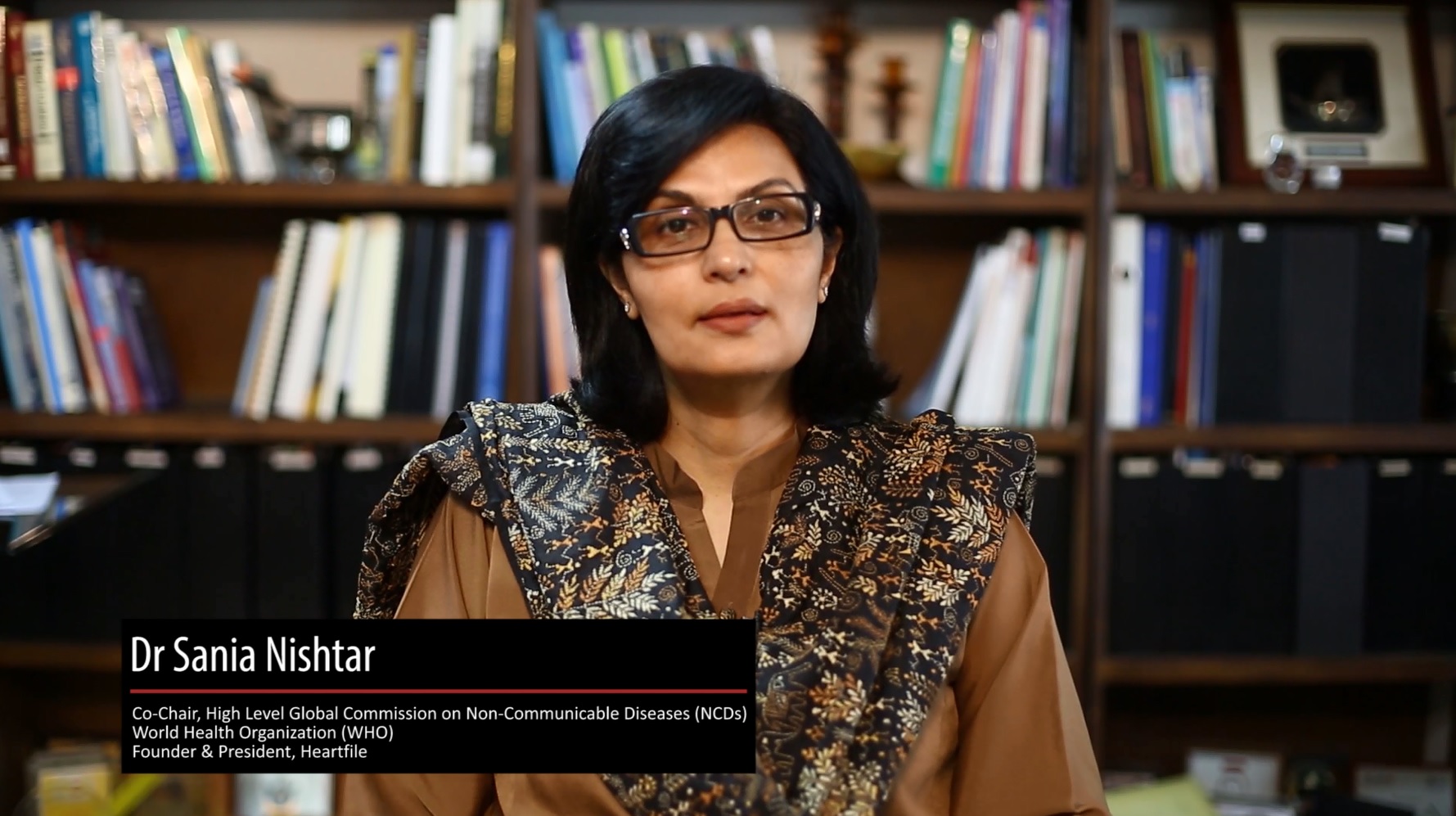
News & Events
An Integrated Approach to Solving One of the Region’s Biggest Health Challenges
By Food Industry Asia (FIA)
Obesity is one of the biggest health challenges facing humankind – with worldwide obesity nearly tripling since 1975. According to the World Health Organization (WHO), in 2016, more than 1.9 billion adults were overweight. Of these, over 650 million were obese.
The amount of children affected is a trend that is even more worrying – 41 million children under the age of 5 were considered to be overweight or obese last year. This figure surges to 340 million for those aged between 5 and 19 years.
While the prevalence of obesity in Southeast Asia is still relatively low compared to global standards, it has been on a long-term upward trend over the last three decades, with 20 to 35 per cent of adults now overweight.
In an effort to tackle the growing burden of malnutrition around the region, the Asia Roundtable on Food Innovation for Improved Nutrition (ARoFIIN) brought together experts from government, academia, civil society and industry on 21 November to discuss how these groups can work together to drive positive change – with a particular focus on interventions for children.
The Partnerships to Promote Healthy Eating and Active Lifestyle in Asia dialogue session – held in partnership with the Responsible Business Forum on Sustainable Development 2017 in Singapore – provided a platform to discuss the United Nations’ Sustainable Development Goals (SDGs), with particular reference to Goal 3: Good Health and Wellbeing.

Dr Sania Nishtar, Co-chair of the WHO’s High-level Global Commission on Non-communicable Diseases, delivered a video address to kickstart the Partnerships to Promote Healthy Eating and Active Lifestyle in Asia dialogue session on 21 November in Singapore.
Dr Sania Nishtar, Co-chair of the WHO’s High-level Global Commission on Non-communicable Diseases, kicked off the forum via a filmed address, by calling for a whole-of-society approach through multi-stakeholder collaboration to tackle malnutrition in all its forms.
“The Sustainable Development Goals present an unprecedented opportunity for long-term sustainable value creation,” said Dr Nishtar.
“Prevention and control of a complex, multi-dimensional problem such as childhood obesity must be a shared responsibility among many sectors, in order to affect positive change.”
The need to educate and empower children toward greater health and nutrition knowledge, as well as increased physical activity, was the overarching message of a panel discussion on Promoting Healthier Choices through Marketing, Nutrition Education and Labelling to Children.

Ms Susan Kevork, Nutrition Network Lead, Zone AOA, Nestlé R&D Center (Pte) Ltd, shares about the company’s efforts to encourage healthy lifestyles among consumers during the Partnerships to Promote Healthy Eating and Active Lifestyle in Asia dialogue session on 21 November in Singapore.
Moderator Ms Regina Moench-Pfanner, PhD, founder and CEO of ibn360, was joined by experts from Nestlé, the Faculty of Human Ecology (FEMA) at the Bogor Agricultural University, and Mental Notes Consulting. Interventions highlighted included teaching children how to read labels, encouraging “mindful eating”, and choosing the right role models who can effect positive behaviour change.
Multi-stakeholder efforts to bring about this change are already well underway, through workshops facilitated by ARoFIIN over the last two months in Malaysia, Thailand and Indonesia, which aim to develop at least one possible intervention to tackle the obesity epidemic and malnutrition.

Dr Visith Chavasit, Associate Professor of Nutrition, Institute of Nutrition, Mahidol University, shares about progress made in ASEAN markets through workshops held by the Asia Roundtable on Food Innovation for Improved Nutrition (ARoFIIN) during the Partnerships to Promote Healthy Eating and Active Lifestyle in Asia dialogue session on 21 November in Singapore.
Dr Visith Chavasit, Associate Professor of Nutrition at the Institute of Nutrition, Mahidol University, highlighted the progress that the ARoFIIN workshops have already made. He said that discussions have been promising; potential interventions include the promotion of best practices in nutrition and physical activity, nutrition education scholarships, and a government-led national movement focussing on preventative efforts.
To address the role public-private partnerships can play in achieving these outcomes, Mr Matt Kovac, Executive Director of FIA, moderated a panel discussion on Building Partnerships to Promote a Healthy Lifestyle in School Children, and was joined by experts from the Malaysian Ministry of Health, Mahidol University, FrieslandCampina and Save the Children.

Ms Julie Rezler, Head, Corporate Engagement Centre, Save the Children in Singapore, speaks about the importance of building partnerships to promote healthy lifestyles among schoolchildren, as part of the Partnerships to Promote Healthy Eating and Active Lifestyle in Asia dialogue session on 21 November in Singapore.
The panel agreed on the need for greater transparency, the building of trust among stakeholder groups, and the importance of overcoming conflicts of interest.
“Taking into consideration the important roles that each of these parties play will be vital in tackling obesity,” said Mr Kovac.
“Creating trust through an open and honest dialogue between both the public and private sectors with the players that can make a difference is critical to curbing one of the biggest health challenges the world has ever encountered.”

Speakers from across various sectors – including organisations like Singapore’s Health Promotion Board, Bogor Agricultural University in Indonesia, FrieslandCampina and Save the Children – came together to discuss and develop interventions to tackle malnutrition in Asia, as part of the Partnerships to Promote Healthy Eating and Active Lifestyle in Asia dialogue session on 21 November in Singapore.

